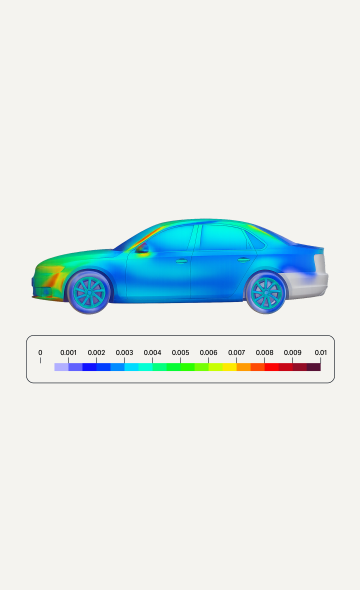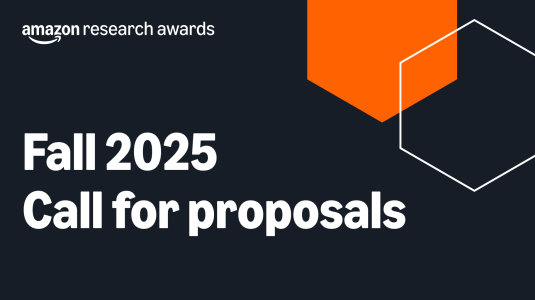Customer-obsessed science


Research areas
-
September 2, 2025Audible's ML algorithms connect users directly to relevant titles, reducing the number of purchase steps for millions of daily users.
-
Featured news
-
IEEE 2025 Workshop on Automatic Speech Recognition and Understanding2025Speech Recognition has seen a dramatic shift towards adopting Large Language Models (LLMs). This shift is partly driven by good scalability properties demonstrated by LLMs, ability to leverage large amounts of labelled, unlabelled speech and text data, streaming capabilities with autoregressive framework and multi-tasking with instruction following characteristics of LLMs. However, simple next-token prediction
-
VLDB 20252025We propose OmniMatch, a novel joinability discovery technique, specifically tailored for the needs of data products: cohesive curated collections of tabular datasets. OmniMatch combines multiple column-pair similarity measures leveraging self-supervised Graph Neural Networks (GNNs). OmniMatch's GNN captures column relatedness by leveraging graph neighborhood information, significantly improving the recall
-
2025 IEEE-RAS Humanoids2025Enabling robots to grasp objects specified through natural language is essential for effective human–robot interaction, yet it remains a significant challenge. Existing approaches often struggle with open–form language expressions and typically assume unambiguous target objects without duplicates. Moreover, they frequently rely on costly, dense pixel–wise annotations for both object grounding and grasp
-
RecSys 2025 Workshop on Music Recommender Systems2025Personalization is a key requirement for most customer experiences in a music streaming service, such as landing page, station song sequencing, or search. A common approach is to develop dedicated personalization ML models, one for each experience, that directly integrate with all the personalization signals alongside experience-specific signals. However, this is not scalable as it is costly for each product
-
2025With the increasing size of datasets used for training neural networks, data pruning has gained traction in recent years. However, most current data pruning algorithms are limited in their ability to preserve accuracy compared to models trained on the full data, especially in high pruning regimes. In this paper we explore the application of data pruning while incorporating knowledge distillation (KD) when
Conferences
Collaborations
View allWhether you're a faculty member or student, there are number of ways you can engage with Amazon.
View all













































